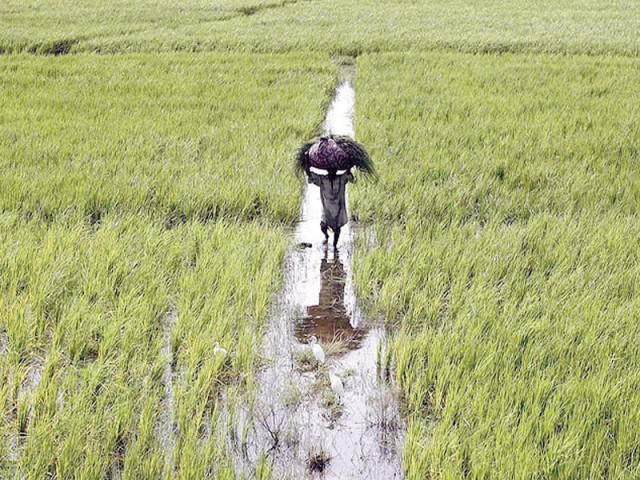The Sindh Agriculture Department has launched the Sindh Water and Agriculture Transformation Program (SWAT) under the Climate-Smart agriculture project to train farmers in modern techniques, said Minister of Agriculture, Sardar Muhammad Bux Mahar.
The program aims to teach farmers methods to increase crop yields, improve plant growth, control pests and cultivate the use of less water. “The Sindh government has prepared a comprehensive plan to combat climate change and safeguard the agricultural sector of the province,” Mahar added, emphasizing that the initiative will increase income and guarantee food security.
The five -year project, which extends until 2028, will establish 180 field schools and train 4,500 farmers.
In the first phase, 750 farmers receive training this year, with 30 demonstration plots and field schools established in Sukkur, Mirpurkhas and Badin to demonstrate techniques such as the leveling of the laser earth, the planting of wheat rows and the balanced use of fertilizers.
In Khorwah Minor in Badin, wheat has been planted using a zero response technique, which uses residual humidity after rice collection, savings costs, water and labor while benefiting the environment.
After training, farmers will receive subsidies to adopt these modern methods in their own land.
Mahar highlighted climate change as a great threat to Pakistan agriculture, causing damage to financial crops and losses. He said the Sindh government is taking practical steps through farmers’ training to address the challenge.
The Climat-Smart Agriculture Initiative, inaugurated at the Faisalabad University of Agriculture in 2024, is funded by the United States and aims to equip Pakistani farmers with sustainable methods to improve the resilience of crops throughout the country.




